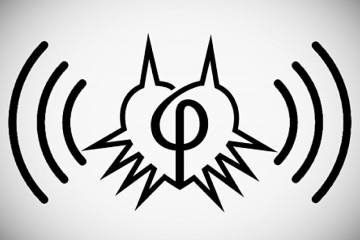The following is an episode of With a Terrible Fate’s weekly podcast discussing video-game storytelling from all angles. Find all episodes here.
Falling through the floor, stalked by a burly viking, or plagued by boss self-destruction? Listen in as we discuss the good, the bad, the ugly, and the hilarious of glitches, trading stories and trying to determine what, if anything, makes glitches different from much more mundane divergences from authorial intent.
In our side quests, we share our impressions of the critically acclaimed Disco Elysium and admire the “immersive” engagement with literary and performative arts in Final Fantasy IX.


- Main Story
- 00:03:54 Glitches
- Immediacy and hypermediacy: Remediation: Understanding New Media, Jay Bolter & Richard Grusin (1999)
- Literal and implied authors: The Rhetoric of Fiction, Wayne C. Booth (1961)
- The psychology of speedrunners: “More Than Just a Game: Inside the Minds of Speedrunners,” Matt McGill
- The vagueness of ‘immersion’: “Why ‘Immersion’ is a Dirty Word in Gaming Discourse,” Dan Hughes & Aaron Suduiko
- Application of the distinction between literal & implied authors: “Video Game Structural Aesthetics: Why The Beginner’s Guide is Masterfully Confusing,” Aaron Suduiko
- Immediacy vs. hypermediacy in video games and virtual reality: “Listen to My Story”: The Problem of Storytelling in Virtual Reality,” Aaron Suduiko
- Nihilism in Majora’s Mask: “Critical Review: Majora’s Mask Should Terrify You, and This is Why,” Aaron Suduiko
- 00:03:54 Glitches
- Side Quests
- 01:01:07 Disco Elysium
- 01:12:39 Final Fantasy IX
Continue Listening
- Podcast navigation: < Episode 3: Kingdom Hearts | Episode 5: Duties to the Self and Avatars >

